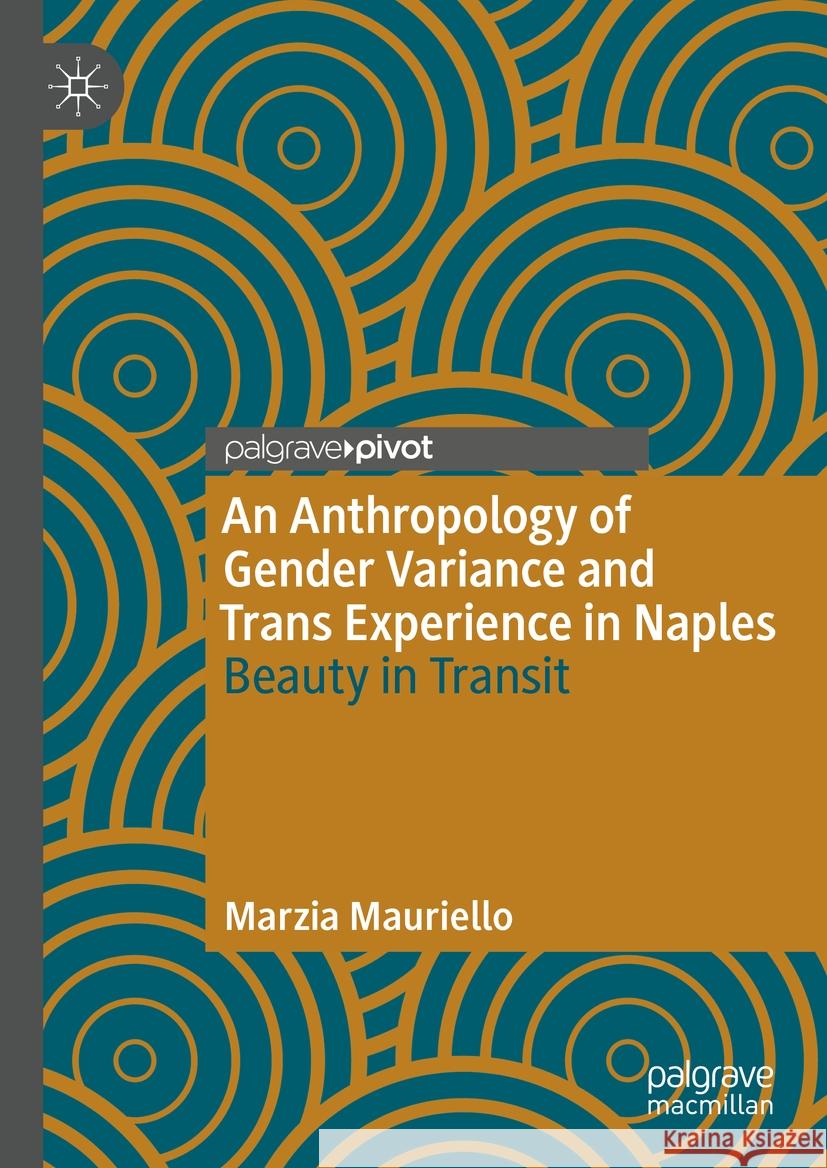An Anthropology of Gender Variance and Trans Experience in Naples: Beauty in Transit » książka
topmenu
An Anthropology of Gender Variance and Trans Experience in Naples: Beauty in Transit
ISBN-13: 9783030869236 / Angielski / Twarda / 2021 / 120 str.
Kategorie:
Kategorie BISAC:
Wydawca:
Springer Nature Switzerland AG
Język:
Angielski
ISBN-13:
9783030869236
Rok wydania:
2021
Ilość stron:
120
Waga:
0.31 kg
Wymiary:
21.01 x 14.81 x 1.12
Oprawa:
Twarda
Wolumenów:
01
Dodatkowe informacje:
Wydanie ilustrowane











